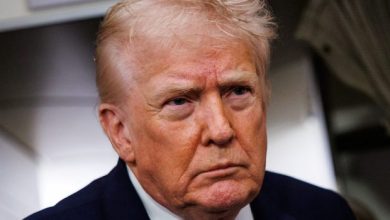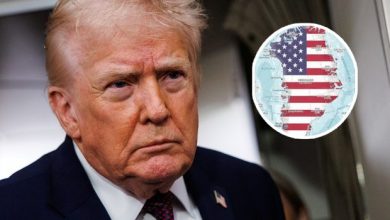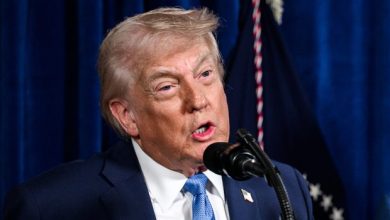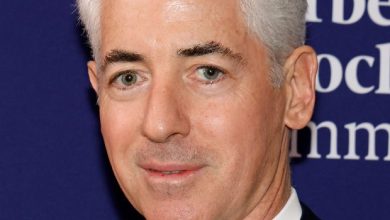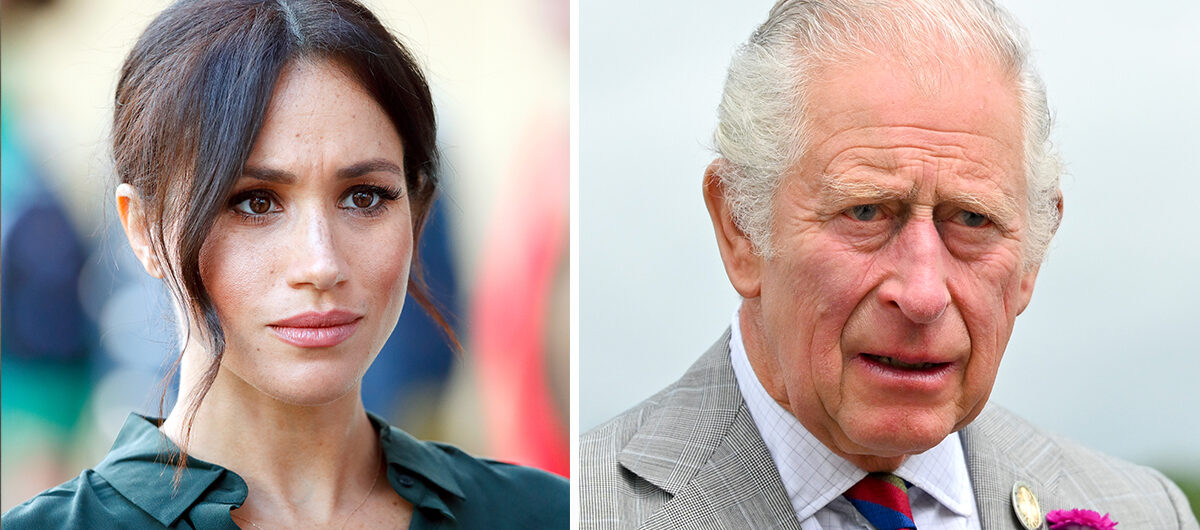Pope Francis has died aged 88 as Vatican issue statement
Pope Francis, the spiritual leader of over a billion Catholics worldwide, has passed away at the age of 88, according to an official statement from the Vatican. His death marks the end of a transformative papacy defined by humility, global advocacy, and a commitment to inclusivity.
A Historic Papacy Comes to a Close
Born Jorge Mario Bergoglio in Buenos Aires, Argentina, Pope Francis became the 266th pope of the Roman Catholic Church in March 2013. He was the first Latin American pope, the first Jesuit to hold the papacy, and the first non-European leader of the Church in over 1,200 years.
The Vatican confirmed his passing in a video statement released on Monday, April 21, 2025, saying:
“Pope Francis died on Easter Monday at the age of 88 at his residence in the Vatican’s Casa Santa Marta.”
A Long Battle With Health Complications
Pope Francis had been facing serious health challenges in recent years. Since February 2025, he was repeatedly hospitalized with a respiratory infection that developed into pneumonia and mild kidney failure. In the weeks leading up to his passing, the Vatican reported a worsening respiratory condition and episodes of bronchospasm.
Although updates from the Vatican had emphasized his strength of spirit—stating he was in “good humour” and compliant with treatments—his overall condition remained “critical” and unpredictable.
Just two months earlier, in February, he missed multiple public appearances, including the Angelus prayer, and had asked followers around the world to pray for him.
A Papacy Marked by Firsts
Pope Francis’ leadership was notable for several groundbreaking milestones and a forward-thinking approach. His papacy emphasized themes such as social justice, compassion, environmental responsibility, and greater inclusion within the Church.
Key highlights of his tenure include:
- Advocating for LGBTQ+ rights, calling for acceptance and respect, and approving blessings for same-sex unions.
- Condemning laws that criminalize homosexuality, promoting dignity and equality.
- Supporting global refugee communities and speaking out against injustice and war.
- Leading climate change awareness and urging nations to protect the planet for future generations.
- Expanding women’s roles in Church leadership, appointing women to senior Vatican posts.
- Choosing simplicity by residing in the modest Domus Sanctae Marthae rather than the Apostolic Palace.
He famously remarked, “Who am I to judge?” when asked about LGBTQ+ individuals—an expression that became a defining symbol of his papacy.
Humility at the Core
Pope Francis was admired for his down-to-earth nature and personal simplicity. His choice to live in a guesthouse rather than the opulent papal residence reflected his desire to be close to the people, and his papal name—chosen in honor of St. Francis of Assisi, the patron saint of humility and peace—echoed that intention.
Despite multiple hospitalizations in recent years, he remained active and committed to his mission until his final days.
A Global Figure of Hope and Reform
As tributes pour in from religious leaders, heads of state, and communities around the world, Pope Francis is being remembered not only as a spiritual leader but also as a global advocate for peace, unity, and reform.
His impact on interfaith dialogue, his efforts to modernize aspects of Church governance, and his compassion for marginalized groups have left an enduring legacy.



